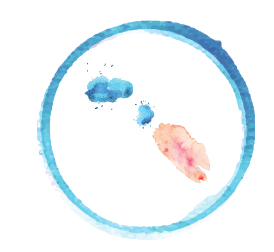Can you Freedive safely without a Freediver course ?
Freediving courses save lives.
I would like to think that freediving is such a natural activity that the safety aspect of the hobby is natural too. Although our instinct to live and persevere is strong, you will be surprised to know that many safety aspects in freediving like the recovery breath are not instinctive at all. The reality is that I lost friends to the sea freediving or spearfishing and they never took a course in freediving, they did not know how to buddy properly, how to do a recovery breath and the dangers of over breathing. Another factor is that mistakes happen and things don’t go according to plan, even when all safety guidelines are followed.
Lets break it down by using real life experiences
Never dive alone – A friend of mine died spearfishing, main reason was that his buddy was not there when he needed him. It is not his buddies fault because neither of them ever took a course and therefore never knew the real dangers and protocols.
Never over breath – Again this is probably why (can never know for sure) another friend never re surfaced. When we over breath and purge CO2 it is like driving a car without a fuel gauge. Very risky, this is why there where so many deaths in spearfishing and freediving before we understood and where educated by science.
Recovery breath – essential for us, you can easily see its effectiveness in competition videos. Athlete's pushing their limits often go into hypoxia (low O2) and sometimes get close to blackout when they surface, the only reason why they don’t is because they know how to use the hook breath effectively. Again another friend was diving alone through a network of caves. His body was found floating on the surface, this likely means that he surfaced out of the cave but failed to perform the right recovery breath upon resurfacing.
Anemia – More common than most people think. Anemia is a condition where there are less red blood cells than usual, which means there is less Oxygen stored in the blood. It can be caused by medical conditions or problems with absorption of iron, folic acid or vitamin B12. The repercussions to Freedivers is that they will be closer to hypoxia than they think they are. It will increase the risk of blackout even on short easy dives. Another reason to dive with a buddy.
Rescue training
Here’s the guidelines we teach all our students on freediving courses.
Never freedive alone
Always follow a one up/up down protocol, with visual reference.
Never freedive when feeling sick or under the weather.
Never hyperventilate (and understand precisely what hyperventilation is)
Avoid going more than 50% of your maximum depth.
Come up on the first urge to breathe.
Always check local conditions, currents, tides, thermoclines etc.
Never take air from a scuba diver.
Wait at least 12 hours after SCUBA to freedive.



